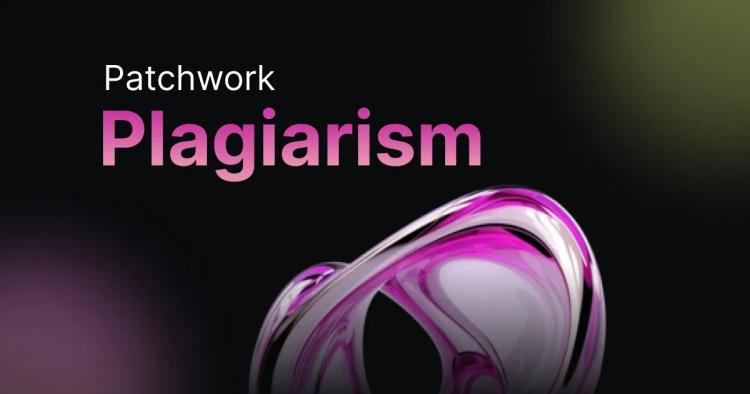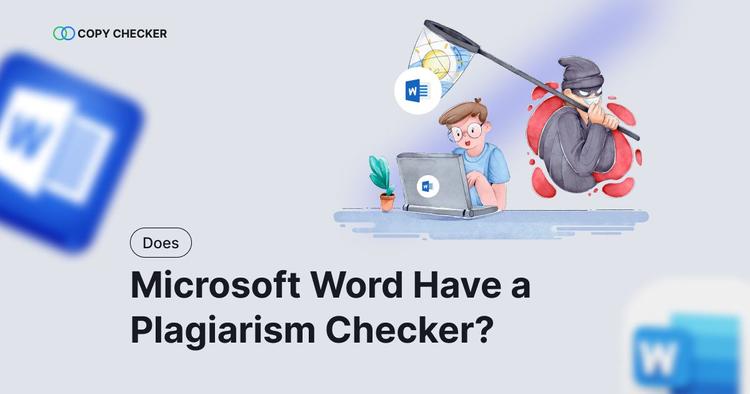Plagiarism in music has shaped some of the biggest battles in the industry. From million-dollar lawsuits to headlines that rocked careers, many iconic songs have been accused of copying others.
Whether it’s melody, lyrics, chord progressions, or just the “feel” of a track, the line between inspiration and imitation is razor thin. Courts have had to decide where that line falls, and artists have paid the price when they crossed it. For writers and musicians, tools like CopyChecker’s plagiarism checker can help catch issues before they become costly disputes.
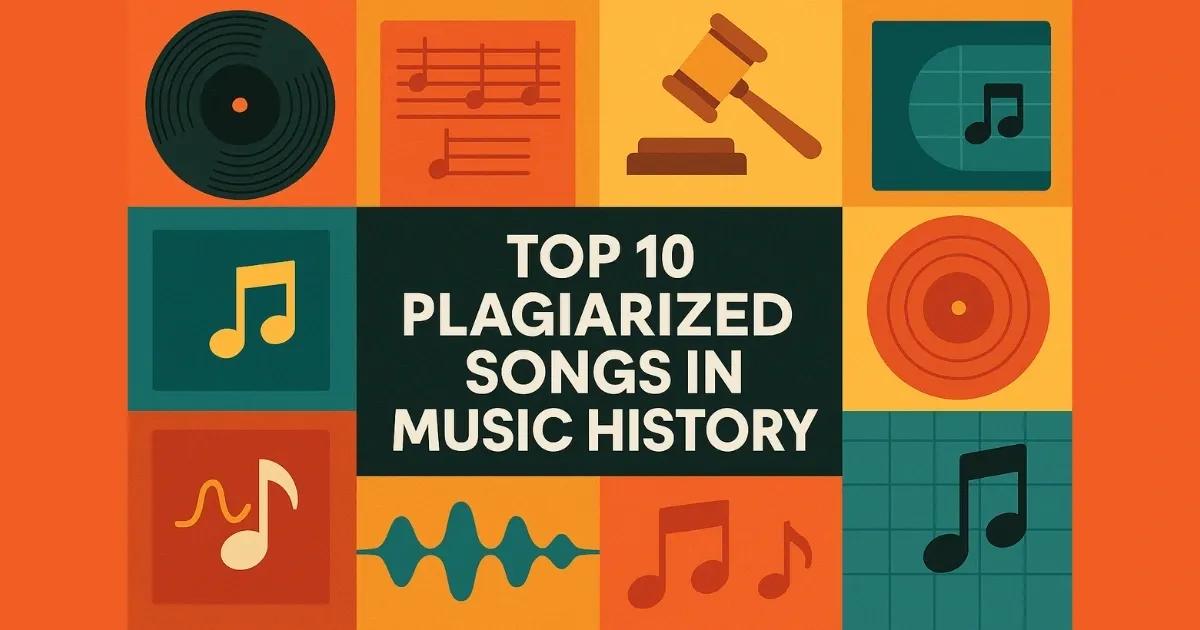
In this post, we’ll explore the 10 most famous plagiarized songs — what happened, what the verdicts were, and why these cases still matter today.
The Impact of Plagiarism in Music
Plagiarism isn’t just an ethical slip in the music world — it’s a legal and financial battleground.
-
Settlements and lawsuits: Artists have lost millions over similarities.
-
Reputation: Fans and critics may never forget an accusation, even if the court rules otherwise.
-
Creativity vs. caution: Some fear these lawsuits discourage new artists from experimenting.
The stakes are high — and history proves it.
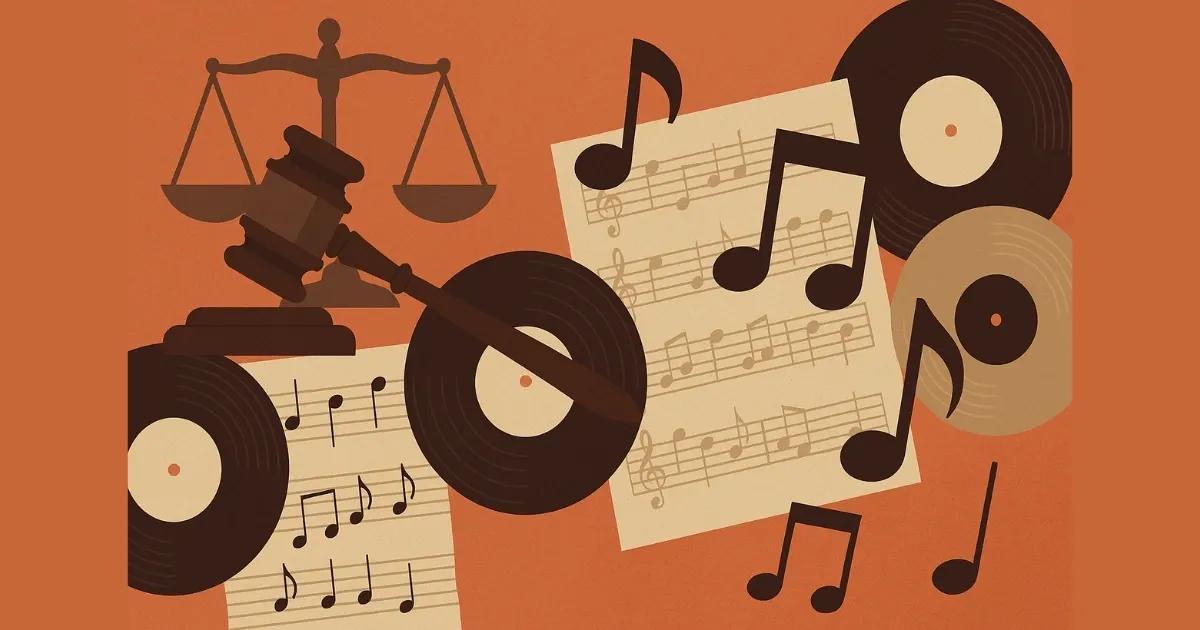
1. “Blurred Lines” – Robin Thicke & Pharrell Williams
- Case: Accused of copying Marvin Gaye’s Got to Give It Up.
- Verdict: 2015 jury awarded Gaye’s estate $5.3 million.
This case was groundbreaking because it wasn’t about identical melodies or lyrics, but about the “feel” of the music. It set a precedent that artists could be sued for copying a vibe, not just notes. The verdict raised big questions about how copyright should protect creativity without stifling it.
2. “My Sweet Lord” – George Harrison
- Case: Compared to The Chiffons’ He’s So Fine.
- Verdict: Harrison paid $1.6 million in 1976.
This became the first huge “subconscious plagiarism” case. Harrison argued he didn’t intend to copy, but the court ruled that intent didn’t matter. The ruling showed how even unintentional similarities can lead to legal trouble.
ᴀᴅᴠᴇʀᴛɪsᴇᴍᴇɴᴛ
3. “Creep” – Radiohead
- Case: Alleged similarities to The Hollies’ The Air That I Breathe.
- Verdict: Out-of-court settlement, Hollies received songwriting credits.
Instead of dragging it through court, Radiohead agreed to share credit. This case reminds artists that amicable settlements can protect reputations while avoiding long, public disputes.
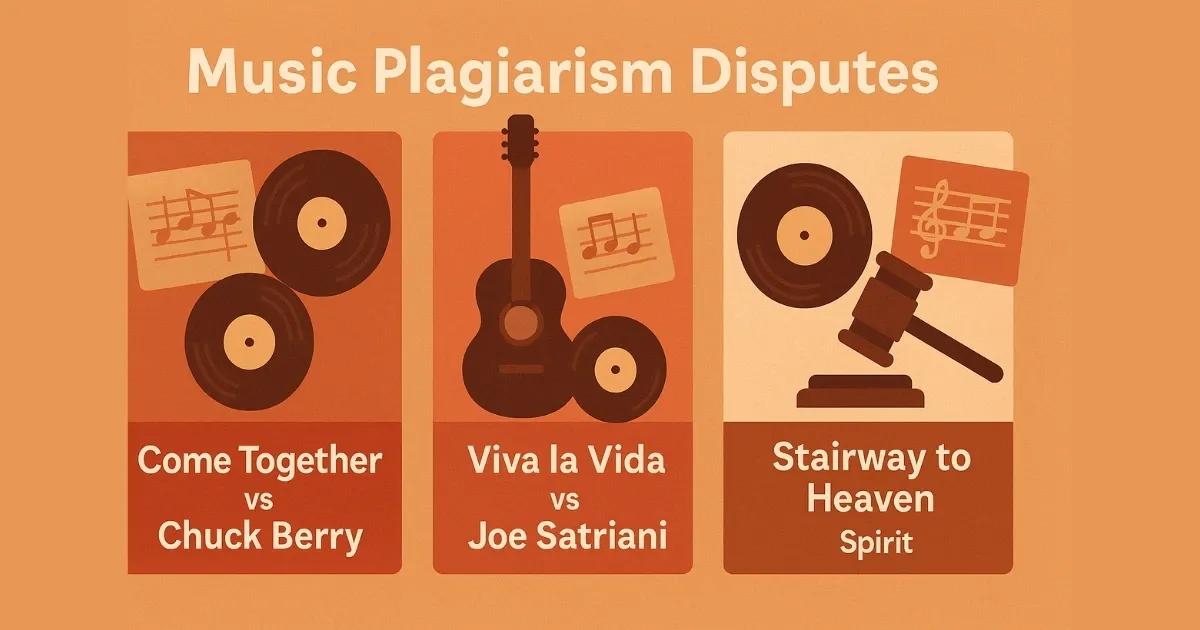
4. “Come Together” – The Beatles
- Case: Compared to Chuck Berry’s You Can’t Catch Me.
- Verdict: Settlement reached; Lennon agreed to record Berry covers.
Even legends aren’t immune. This case showed how borrowing lyrics or phrases (like “Here come ol’ flat-top”) can cross into infringement. Lennon’s settlement helped avoid worse consequences but reinforced the need to acknowledge influences.
5. “Viva la Vida” – Coldplay
- Case: Joe Satriani claimed it copied If I Could Fly.
- Verdict: Settled privately.
Satriani sued, claiming Coldplay borrowed his guitar melodies. The case was settled outside court, which protected Coldplay’s public image but likely cost millions. It highlights the financial risks of plagiarism claims even without a verdict.
ᴀᴅᴠᴇʀᴛɪsᴇᴍᴇɴᴛ
6. “Stairway to Heaven” – Led Zeppelin
- Case: Compared to Spirit’s Taurus.
- Verdict: 2016 jury ruled in Led Zeppelin’s favor.
This high-profile case lasted years. Though Zeppelin won, the trial exposed how hard it is to prove substantial similarity in music. The blurred line between influence and plagiarism was on full display.
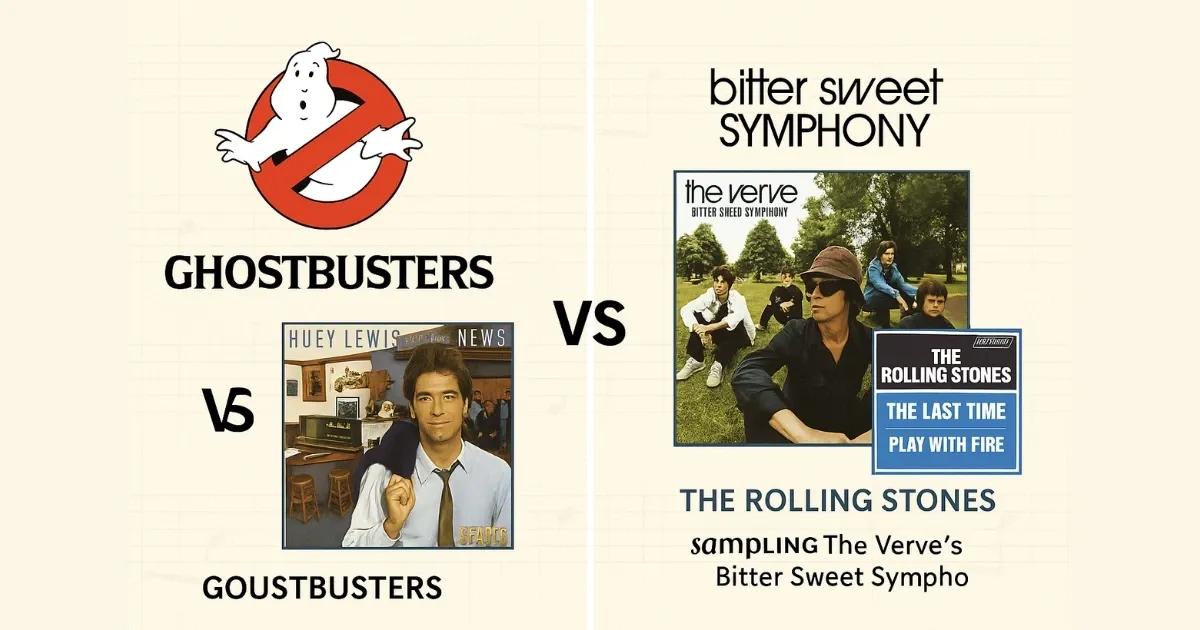
7. “Ghostbusters” Theme – Ray Parker Jr.
- Case: Huey Lewis claimed it copied I Want a New Drug.
- Verdict: Settled out of court.
Theme songs written under pressure are especially risky. The Ghostbusters case showed how deadline-driven music can inadvertently echo other tracks, and how expensive that mistake can be.
8. “Bitter Sweet Symphony” – The Verve
- Case: Sampled the Andrew Oldham Orchestra recording of The Rolling Stones’ “The Last Time.” The sample was licensed, but the use exceeded the agreed scope.
- Verdict: Mick Jagger and Keith Richards were added as co-writers and received most royalties; rights were returned to The Verve in 2019.
Even though the sample was licensed, the rights holders argued The Verve used more of it than allowed. Under a settlement, the band lost almost all royalties and songwriting credit. Only in 2019 did Mick Jagger and Keith Richards return the rights, making this a textbook warning: always secure clear and detailed sample permissions.
In writing, this kind of mixing from multiple sources is often known as patchwork plagiarism.
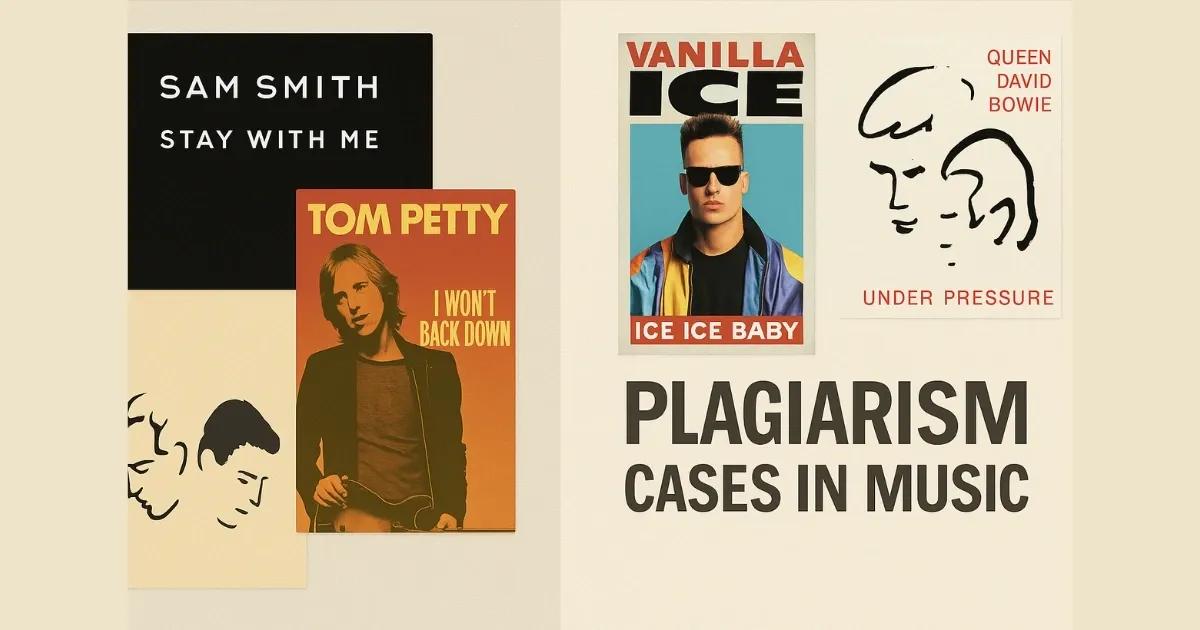
9. “Stay With Me” – Sam Smith
- Case: Resembled Tom Petty’s I Won’t Back Down.
- Verdict: Smith added Petty and Jeff Lynne as co-writers.
The resolution was friendly — no court battle, just credit-sharing. This case is a reminder that sometimes open communication between artists can solve issues without lawsuits.
10. “Ice Ice Baby” – Vanilla Ice
- Case: Used the bassline from Queen & David Bowie’s Under Pressure.
- Verdict: Settled, royalties shared.
Vanilla Ice initially denied the similarity, but later admitted to using the riff. The case became one of the most famous plagiarism disputes ever, teaching future artists that sampling without permission can come back to bite hard.
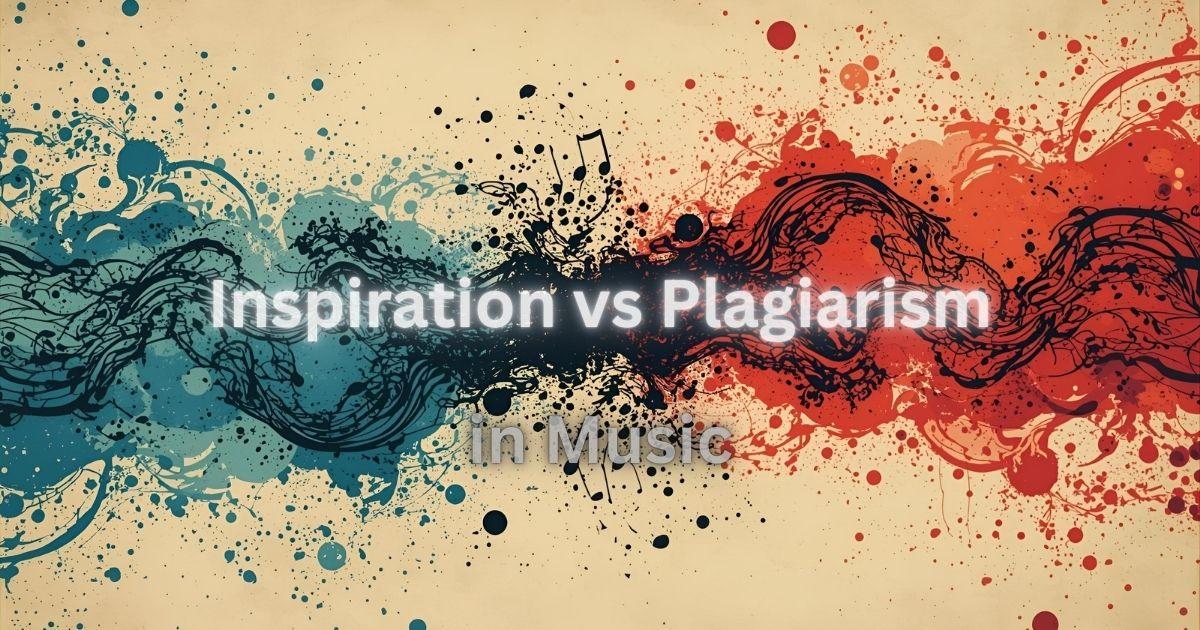
Inspiration vs. Plagiarism: The Grey Area
-
Influence is natural. Every artist is inspired by others.
-
Plagiarism crosses the line when substantial parts of melody, lyrics, or structure are reused without credit.
-
Notable controversies: From Bob Dylan to Kanye West, accusations keep sparking debates about artistic freedom vs. intellectual property.
👉 For a breakdown of plagiarism forms, read our guide on the different types of plagiarism.
How Tools Like CopyChecker Help
While most cases here involve music, plagiarism isn’t limited to melodies. Writers, students, and content creators also face risks when reusing text or ideas.
CopyChecker is an originality checker that helps detect copied content before it becomes a problem. Whether you’re drafting lyrics, research papers, or blog posts, it can keep your work authentically yours.
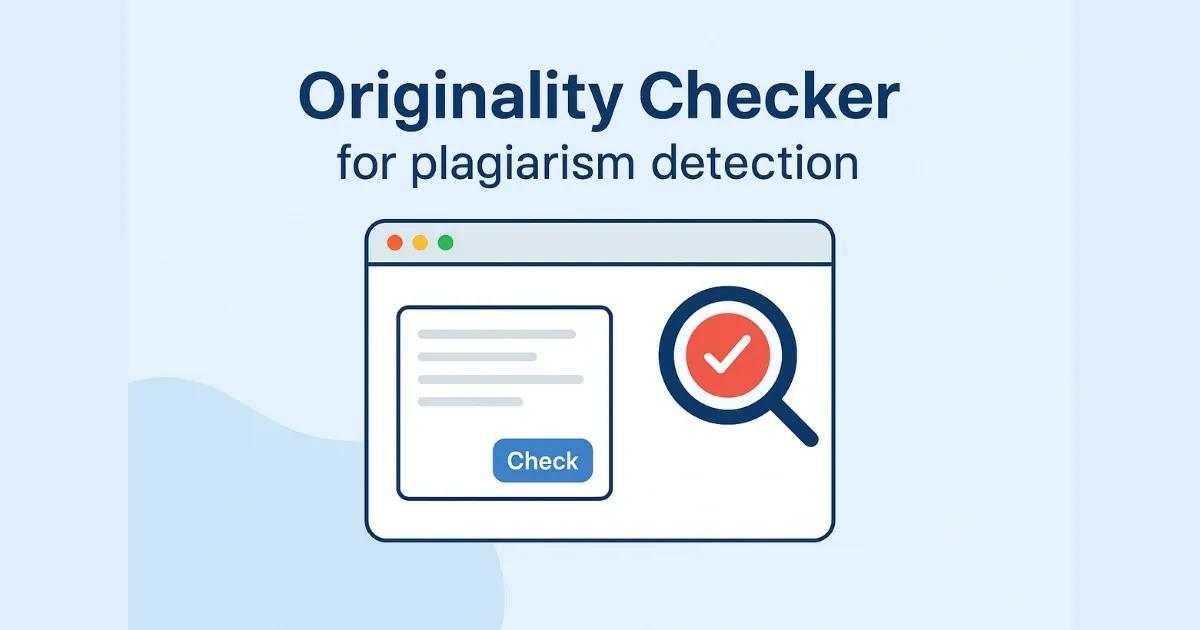
FAQs
What makes a song plagiarized?
A song is considered plagiarized when it copies recognizable elements such as melody, lyrics, rhythm, or chord progressions from another work without credit or permission. Even if the similarity is unintentional, it can still count as plagiarism.
What is the difference between inspiration and plagiarism in music?
Plagiarism happens when a song lifts substantial parts like melody, lyrics, or structure without credit. Inspiration, on the other hand, is natural influence — but you must transform it and give proper acknowledgment.
What are some of the biggest music plagiarism lawsuits?
Cases like Blurred Lines (Robin Thicke), My Sweet Lord (George Harrison), and Ice Ice Baby (Vanilla Ice) are among the most famous. These lawsuits highlight how costly plagiarism can be in terms of money and reputation.
Which famous artists have faced plagiarism claims?
Even iconic artists such as The Beatles, Led Zeppelin, Coldplay, and Radiohead have been accused of plagiarism. These examples show that plagiarism disputes affect both new and legendary musicians.
How do you know if a song is plagiarized?
Plagiarism is usually identified by comparing melodies, harmonies, lyrics, or rhythm. Expert analysis is often required, and in writing or lyrics, an online originality checker can help flag similarities.
How can plagiarism be avoided in music or writing?
The safest way is to create original material, cite or credit others when borrowing ideas, and use plagiarism detection tools such as CopyChecker before publishing or releasing work.
Are plagiarism cases always settled in court?
No. Many disputes are resolved privately with royalty splits or shared songwriting credits, which helps avoid lengthy trials and protects the reputations of the artists involved.
ᴀᴅᴠᴇʀᴛɪsᴇᴍᴇɴᴛ
Conclusion
Plagiarism has always been part of music’s story — but these 10 famous cases prove the costs are real. Some artists lost millions, others lost credit, and a few lost credibility forever.
For today’s creators, the takeaway is simple:
-
Get inspired, but add something new.
-
Credit when you borrow.
-
Check your work before release.
Originality not only protects your reputation — it’s what makes your art timeless.
If you want to stay safe in your own writing, try the CopyChecker originality tool before publishing. It’s a simple way to ensure your words (or lyrics) are truly your own.





